Cyber Threats in Moroccan Manufacturing—The Silent Threat to Growth
)
Cybersecurity in Moroccan Manufacturing: A Growing Challenge and Opportunity
A 78% rise in cyber incidents hit Moroccan manufacturers last year, yet only 42% feel equipped, according to regional assessments. As Morocco cements its status as Africa’s industrial hub, its increasing reliance on cloud computing, AI, and IoT is driving efficiency—but also exposing industries to greater cyber risks.
How Morocco is Strengthening Cyber Defences in Manufacturing
With manufacturing contributing significantly to GDP, Morocco is investing in cybersecurity to protect industrial assets. Particularly in automotive, aerospace, and energy—sectors heavily targeted by ransomware and espionage.
- OCP Group , Morocco’s leading phosphate and fertiliser producer, operates one of the world's largest mining and chemical processing networks, making it a prime target for cyber threats. The company is integrating AI-driven cybersecurity to safeguard its global supply chains.
- STMicroelectronics , a key player in Morocco’s growing semiconductor industry with a facility in Bouskoura, produces advanced microchips critical to automotive and industrial applications. The company is deploying advanced threat detection to protect intellectual property and production systems from cyberattacks.
- Lear Corporation Morocco, a major supplier in the country’s automotive sector, manufactures high-tech electronic systems and seating components for export markets. To prevent cyber intrusions that could disrupt just-in-time production, the company is reinforcing OT security to shield its smart factories from cyber threats.
Where Moroccan Manufacturers Are Most Vulnerable
The convergence of IT and OT systems enables smart manufacturing but also introduces vulnerabilities that can lead to production shutdowns, supply chain disruptions, and intellectual property theft. With Morocco’s free trade agreements (FTAs) facilitating global exports, cybersecurity compliance is critical for competitiveness.
- Automotive: Morocco’s Renault Group and Stellantis plants in Tangier and Kenitra, key automotive export hubs to Europe and beyond, rely on AI-powered cybersecurity to safeguard connected vehicle technologies and prevent cyber disruptions in supply chains.
- Aerospace: Casablanca’s Midparc Casablanca Free Zone , home to Royal Air Maroc , is implementing cybersecurity solutions to protect digitalised aircraft maintenance and aerostructures from cyber threats.
- Energy: NAREVA Holding, a key player in Morocco’s renewable energy expansion, manages large-scale wind and solar projects that depend on secure grid networks to prevent cyberattacks targeting smart grids and remote monitoring systems.
The Push for Stronger Cybersecurity in Morocco’s Factories
As cyber threats grow, Morocco is adopting AI-driven security solutions, blockchain authentication, and industrial network protection. The government is introducing new cybersecurity regulations to mandate compliance across industries.
Upcoming industry summits will highlight cybersecurity innovations, connecting tech firms, industrial leaders, and policymakers to advance cyber resilience in manufacturing.
Why Cyber Resilience Must Be a Priority Now
Cyber resilience is now a pillar of Morocco’s manufacturing evolution. The question is no longer if cyber threats will strike, but how capable companies are of defending against them.
Is your company ready to secure Morocco’s industrial future? WAM Morocco is the world's leading arena for advanced manufacturing and logistics. Join us from 28–30 Oct 2025 at Foire Internationale de Casablanca in Morocco. Secure your space—register now at www.wammorocco.com.


